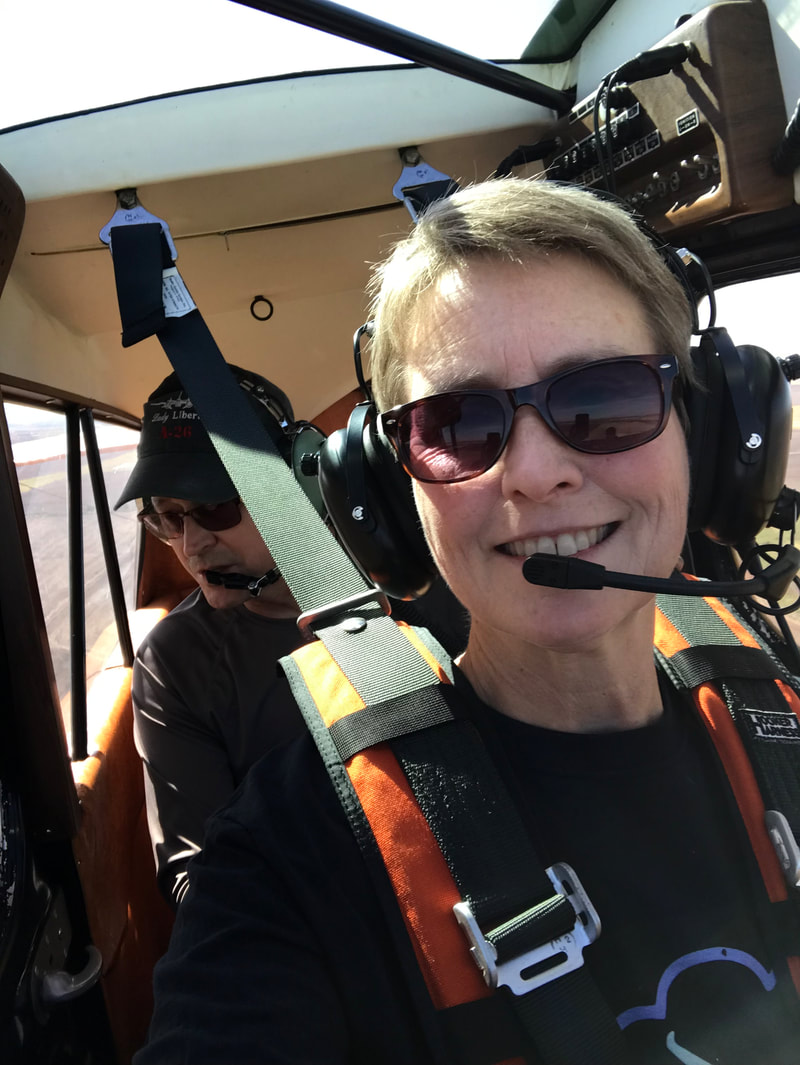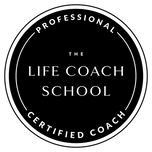|
There's a thing you have to do when you are getting your private pilot's license. When you are first learning to fly, you use what's called visual flight rules (VFR, because everything in aviation has an abbreviation.) Because you do need to know what to do if suddenly you find yourself in a fog bank or something else that obsures your vision, you have to experience relying solely on the plane's instruments. To practice, you put a hood over your head that only lets you see the dashboard. (There's an instructor with you, so you know you won't crash. Whew.) Essentially, it's like flying blind, except that your plane's instruments can tell you the direction you are headed, your airspeed, whether you are climbing or falling, turning or flying straight. How hard can flying only with instruments be? Piece of cake, right? Who needs vision to fly?
A funny thing happens though. Your body stops sensing whether you are turning, changing speed, climbing or diving. When your body can't feel it, even if the instruments give you evidence that maybe something is going wrong, you don't pick up on it. John F. Kennedy, Jr, crashed his little plane because he was only rated for VFR and found himself in some weather with poor visibility, got disoriented and crashed. The National Transportation Safety Board (NTSB) deemed it spatial disorientation. JFK Jr was no dummy. His inability to recognize where things were going wrong wasn't because he didn't understand that he didn't want to crash into the ocean. It was because he didn't have the benefit of having a more full view of the situation, and maybe not enough experience in flying with poor visibility. Our brains can act like a hood when practicing instrument flying. We think we know what's happening, and we might be right. But we might have accidentally put ourselves into stall or spin situation. If we have enough altitude, maybe we can catch it before impact. If not, we may have a catastrophic impact before we've even figured out something is amiss. That's why, even if we know we ought to be able to sort out a problem for ourselves -- maybe lose weight or get healthy, maybe change jobs, maybe work on a relationship -- we don't stick with it long enough to reach our goal. This is where watching your thoughts comes in. It's why coaching is helpful too. Sometimes we can totally see what's going on and can do the things we know we need to do. Sometimes we need the help of a flight instructor to point our attention to the altimeter or air speed indicator so that you can make the changes you want for yourself. Ready to get started? Let's go! Comments are closed.
|
Archives
January 2024
|



 RSS Feed
RSS Feed
